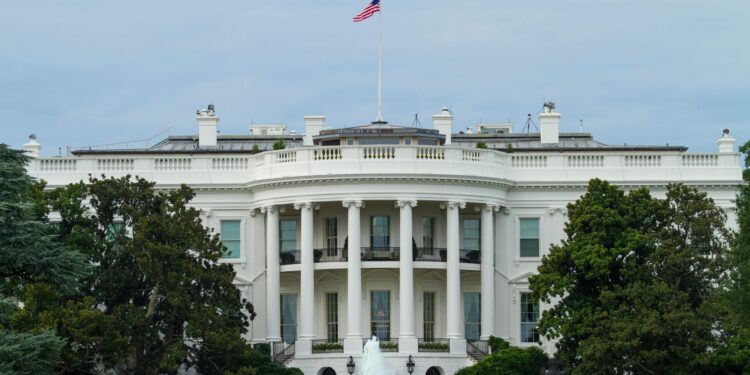On Tuesday, April 15th, the Trump administration implemented major alterations to the White House press pool. The administration eliminated the certain access that wire services like the Associated Press (AP) and Reuters had previously enjoyed. Moving forward, these news outlets will be part of the pool but will take turns with other journalists from various media, including print, television, radio, and digital platforms.
This change follows a court ruling that favored the AP, which had previously been barred from the press pool after it declined to adopt the term “Gulf of America” in its style guide, a name connected to President Trump’s official rebranding of the Gulf of Mexico. A federal judge decided that the AP should be reinstated, but the ruling allowed the administration to modify who is in the press pool. Consequently, the AP and other wire services will no longer have their prior, consistent slots for daily access to presidential events.
Karoline Leavitt, the White House press secretary, stated that the updated press pool structure would mirror the media consumption habits of Americans in 2025. The new setup will feature one print journalist selected daily to serve as the “print pooler,” along with a changing array of other journalists from print media, television networks, radio stations, and photojournalism. This alteration also grants the White House greater authority over how journalists are chosen, as Leavitt will have control over the day-to-day makeup of the pool.
This decision has raised concerns among major wire services and advocates for press freedom. In a statement, the AP pointed out that the White House’s choice undermines the public’s opportunity to receive independent news reports. “The administration’s actions continue to disregard the fundamental American freedom to speak without government control or retaliation. This is a grave disservice to the American people,” the AP remarked.
Reuters also voiced its worries, highlighting that restricting access to the President for credible news sources could endanger democratic values. “It is essential to democracy that the public have access to independent, impartial and accurate news about their government,” said a spokesperson for Reuters.
These changes arrive during ongoing strains between the White House and the media, leading critics to argue that the adjustments appear to be an effort to regulate how the administration’s actions are covered. As this new policy is put into effect, journalists and media organizations will closely monitor how it affects their ability to report freely and without bias.









